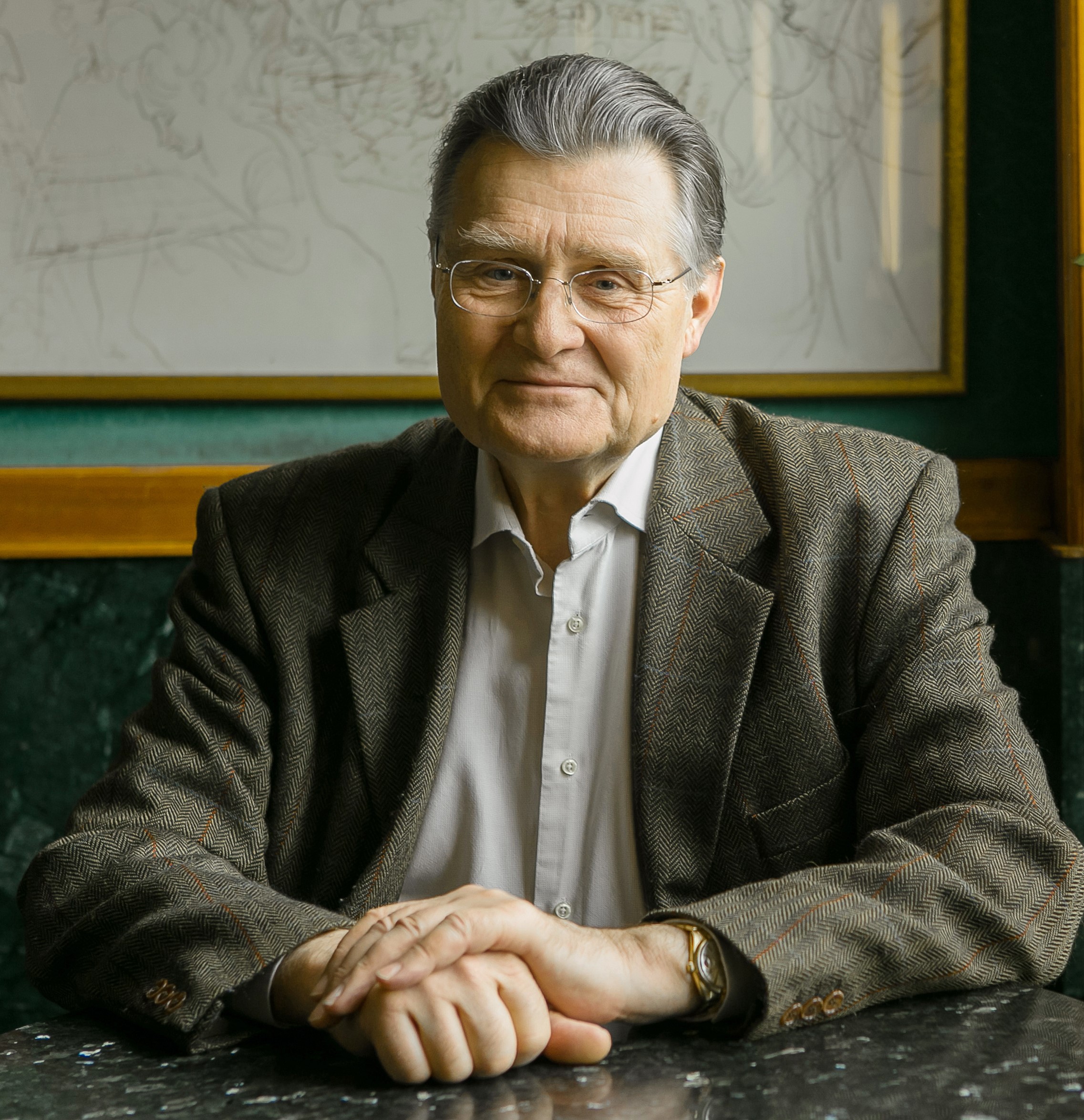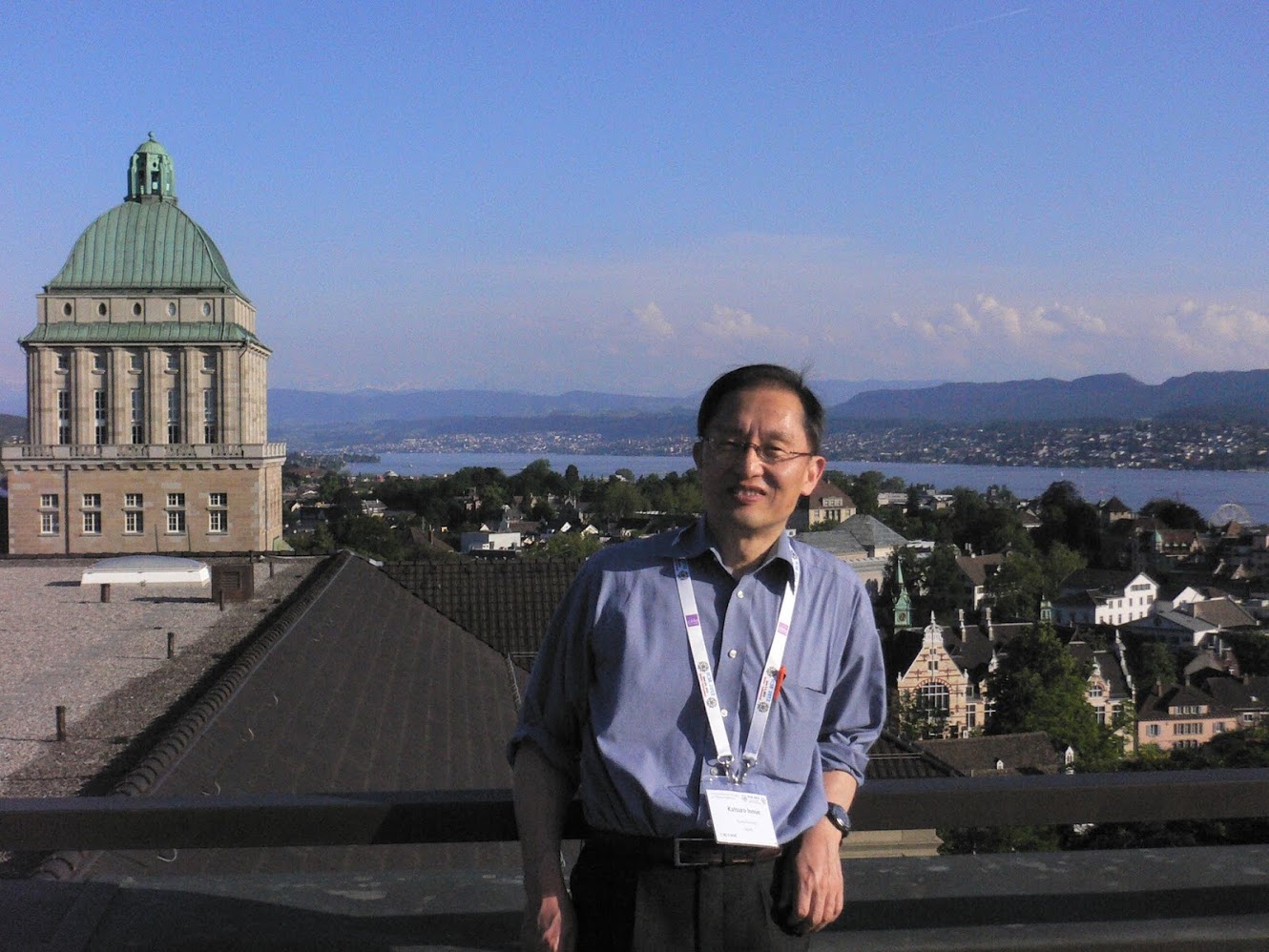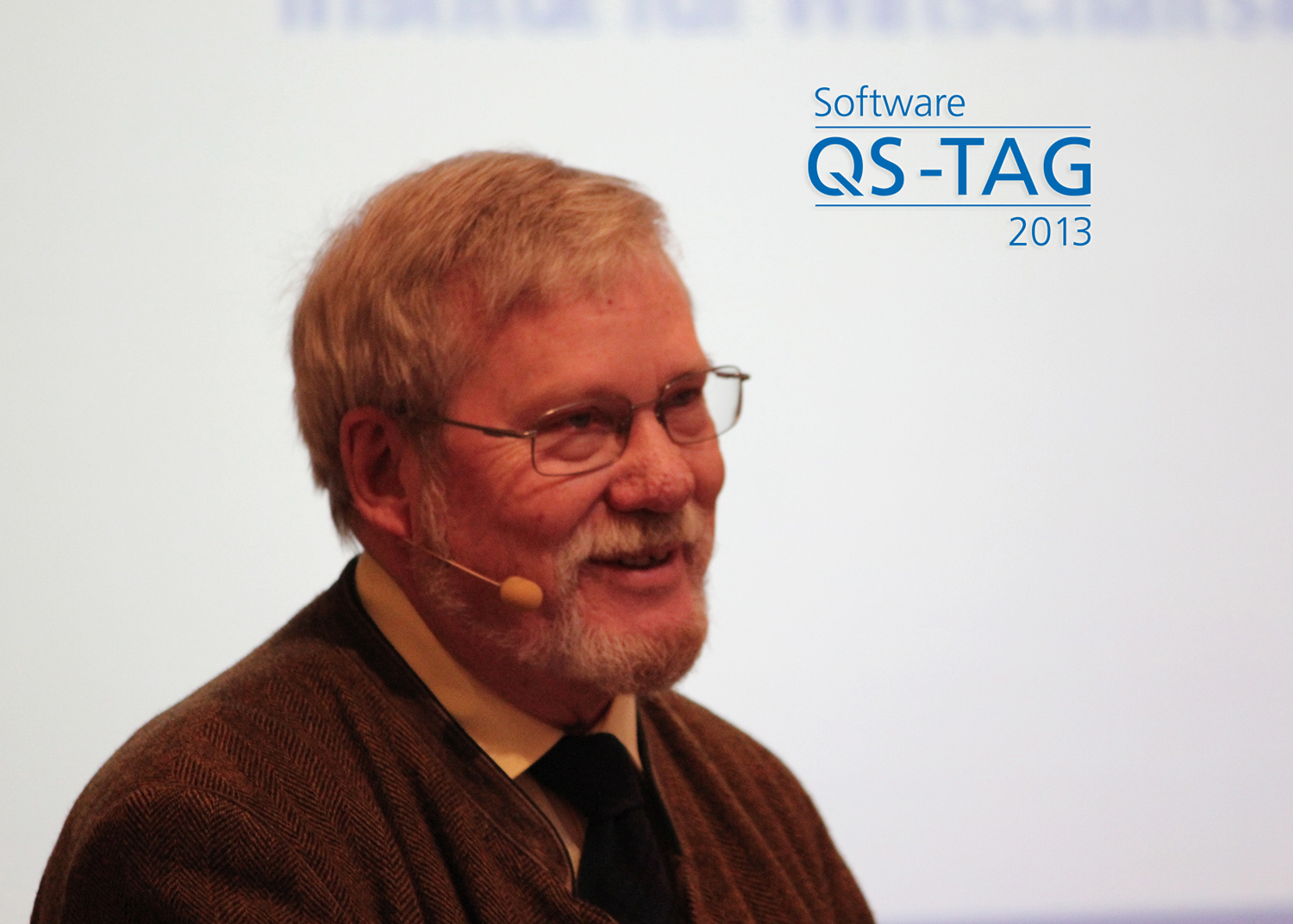| Prof. Andrzej Jacek Blikle |  |
| Prof. Katsuro Inoue, Osaka University |  |
| Mr. Tomasz Misztal, KAMSOFT Podlasie Sp. z o.o |  |
| Mr. Harry Sneed, Technical University of Dresden, Ziviltechnik Consulting, Vienna |  |
Prof. Andrzej Jacek Blikle talk title: Teal organizations of XXI century
Abstract: The effectiveness of teal organizations depends upon the fact that they liberate human creativity, thanks to the creation of a space for partnership, trust, and responsibility. This naturally leads to the emergence of initiatives aimed at improving the structure of the organization and the better realization of the work performed within it.
It is possible to go a stage further, however, by supplying teal organizations with a repertoire of tools and methods associated with total quality management, known and practiced by many organizations for several decades and discussed in many books. I am profoundly convinced that teal civilisation constitutes a remarkable foundation upon which to build a culture of management by means of knowledge and quality, since all the failures in the introduction of these methods known to me have had their source, not in their technical or organizational complexities, but in the inadequacy in the social adaptation of the organization to the new model of team-work.
In my talk I shall shortly explain and discuss the following issues:
- The idea of a teal organization as described by Frederic Laloux in his Reinventing Organizations.
- Decision-taking in teal (based on trust).
- Laloux’s spectrum of management styles.
- Teal organizations analyzed by Laloux including one case study.
- The Polish teal-organizations; a short information.
- The teal virtues and tools to be developed and poisons to be removed.
- Hierarchical model of management versus a process-model.
- Understanding the sources of motivation
- The tool of violence: stick-and-carrot.
- Why stick-and-carrot does not work
- A teal workplace
Bio: Born in 1939. Professor (PhD and Dr Sci.) in mathematics and computer science in the Polish Academy of Science. In the years 1962-1990 researcher and university teacher in Warsaw (Poland), Waterloo (Canada), Berkeley (USA), Copenhagen (Denmark), Linkoping (Sweden). More than 100 scientific seminars given in almost all European countries, USA, Canada and Japan. Founding member, past president and an honorary member of The Polish Information Processing Society, member of Academia Europaea.
In the years 1990-2010 president of the board and CEO of A.Blikle Ltd, a family company (luxury confectionery) established in 1869. In that time the company grew from one shop and 42 employees to 11 shops and 3 cafe-restaurants in Warsaw (over 230 employees) and 9 shops (franchise) in the major cities of Poland.
Andrzej Blikle is a founding member and past president of The Polish Federation of Food Industry, past member of the board of Confederation of the Food and Drink Industries of the European Union, founding member and honorary president of the association Family Firms Initiative, and a member of more than twenty other organisations.
Since 2008 Andrzej Blikle runs his one-person consultancy firm specialised in teaching and implementing Total Quality Management and recently also Teal Organizations. He also teaches several MBA and DBA (Doctor of Business Administration) postgraduate courses. His personal site: www.moznainaczej.com.pl.
Since 2018 Andrzej Blikle is back in research launching a new computer scientific project Denotational Engineering. More on that project on:
http://www.moznainaczej.com.pl/denotational-engineering/denotational-engineering-eng.
The problem is compounded when development projects use different natural languages, as is in Europe often the case. The requirement language is most often the local natural language spoken by the users. But the data names and function names of the design and programming languages are in English. If the testing is being done in a near shore location such a Romania, then the test cases will be written in Romanian. This makes traceability impossible. Testers are not able to trace a test case to the requirements or maintainers a block of code to the design. The result is a chaotic situation in which no one can comprehend the system as a whole let alone maintain and evolve it. It is inevitable that our systems will be inconsistent. Inconsistency breeds errors. Therefore, as long as we are working in a multilingual environment our systems are destined to be erroneous.
Challenge: It will be difficult to come up with a common language to cover all the different activities involved in software development and maintenance. However if we ever really want to associate software artifacts we must find a way to link their contents. Traceability is a major challenge to the software engineering community. We should be able to follow the path of a customer requirement or change request through the labyrinth of software artifacts. For that the artifact contents need to be compatible. As long as analysts are speaking one language and programmers another, they will never be able to synchronize their results. The system will remain a collection of incompatible artifacts.
The greatest challenge of software engineering is to create a common metalanguage which will unite all of the other sublanguages within it. Until then, the best we can do is to build artificial links between the various descriptions. Using the same data and function names in all of the software artifacts would be a good starting point. The idea of a common software system repository must be revitalized and users must push the software industry to move in this direction.
Purpose of Talk: The speaker is working as a certified “Ziviltechniker” in Vienna, which means he is commissioned to assess IT-projects in the public domain. Many of these projects are multi-national, i.e. the customer is an Austrian agency and one or more of the contractors are from another European country, mostly from Eastern Europe. The project language is a particular problem. The Austrian civil servants who write up the requirements can only write them in German language. The contractor personnel are not familiar with German. Even if they speak German they have great problems trying to understand the complicated legal texts. Thus, the EU policy of tendering projects out to the lowest bidder is beset with communication problems. The speaker is well familiar with these problems, as he initiated the first outsourcing of software testing projects from Germany to Hungary in the 1970’s. The same communication problems that came up then still persist to the present day. Universities and training institutes should pay more attention to this critical issue and offer training to resolve it. The purpose of this talk is to make attendees aware of the situation and to encourage them to take action.
From the year 2000 to 2015 Sneed was teaching software engineering at the University of Regensburg. Starting in 2008, he has also been teaching software maintenance at the Fachhochschule Hagenberg and software test and measurement at the Fachhochchule Vienna in Austria. In Hungary he has been teaching software testing and measurement at the university of Szeged.
Sneed has been a member of the IEEE and the ACM since 1976 and a member of the German Informatik Society – GI – since 1978. In 2005 the GI appointed him to be a GI Fellow. The IEEE awarded him for his contributions to the field of software reengineering in 1996. In 2008 he was given the Stevens Award for outstanding achievement in the field of software maintenance and reengineering. He is a member of both the Austrian and the Hungarian test boards. In 2011 he received the ASQF award as the most distinguished tester in Germany and in 2013 he received the international tester of the year award from the ISQTB.
